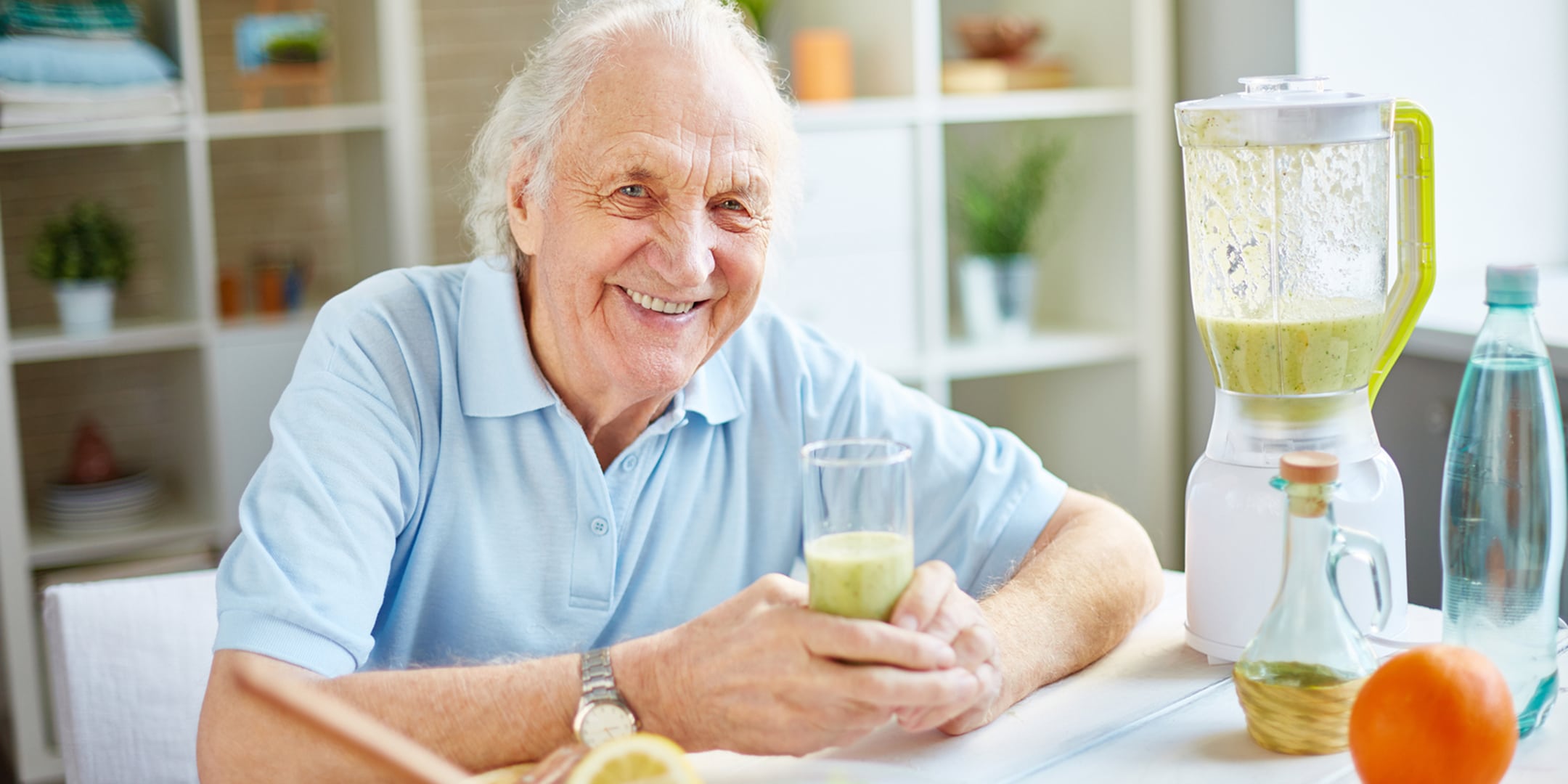
A Guide to Good Nutrition for Seniors
As we grow older, our digestive and metabolic processes slow down. In addition, seniors become less active, making nutrition for seniors a critical topic. Seniors should follow the recommended calorie intake. A man should consume two thousand to two thousand calories per day and a woman should eat at least 1,600 calories a day. Seniors should avoid fatty, salty, and processed foods. A comprehensive guide to good nutrition for seniors can help you plan meals that will keep your body healthy and energetic.
Recipes
For many seniors, cooking is a chore they no longer enjoy. While a survey on wilmacliving.com if seniors can offer to help prepare their meals for them for a fee, they may not be interested in it. Seniors often have digestive issues and lost their appetites, and their taste buds may also be changing. In this case, you should make sure to make them nutrient-dense foods that they will enjoy eating. For instance, you can make a soup rich in vitamin C for your older relative and serve it with vegetables.
Another recipe you can make for your elderly loved one is a fruit smoothie. The fruit is high in antioxidants and promotes hydration. The melon adds a delicious, low-calorie flavor. You can also use herbs to add flavor and freshness to the smoothie. Mint and basil can be used to flavor the smoothie. The herbs should be crushed lightly so that they release their fragrance. Add one or two slices of fresh fruit to the pitcher.
Foods to eat
Food choices for seniors should be simple and healthy, and there are many options for grocery stores that deliver right to their door. Seniors should avoid eating foods high in saturated fat and trans fats, which come from animals. Trans fats, on the other hand, come from vegetable oils like margarine and can be found in store-bought baked goods and fried foods at fast-food restaurants. A good rule of thumb is to try to avoid fried foods at all costs, and make sure to drink plenty of water.
Healthy eating is important throughout life, and it’s even more so as we get older. Eating nutrient-dense, lower-calorie foods may help prevent or manage chronic conditions like diabetes, heart disease, and high blood pressure. Keeping healthy eating habits may also help seniors feel healthier and more energized, which is vital for enjoying their golden years. In addition, eating the right foods doesn’t have to cost a lot of money. As seniors, you can choose a wide variety of whole grains, fruits, vegetables, and protein sources.
Foods to avoid
There are certain foods that senior citizens must avoid. While most of them are harmless, others carry dangerous bacteria, parasites, or toxins. Fortunately, healthy alternatives to foods seniors must avoid are available. Read on to find out which foods to avoid and what healthy substitutes are available. If you or a senior loved one is prone to food allergies, this article will provide you with some suggestions on what to eat instead of the forbidden foods.
Raw eggs should be avoided. Although many seniors consume them for muscle building and as an energy source, these foods can cause salmonella. Unpasteurized milk and juices should be avoided for the same reason. They contain harmful bacteria that can lead to foodborne illness and should never be consumed by seniors. Instead, opt for high-quality juices instead. Moreover, they contain a high level of sodium. So, while you may want to indulge in a burger at a restaurant, avoid eating it raw.

Meal planning
If your loved one is having difficulty eating, varying his or her fluid intake is a good idea. In addition, canned foods are less expensive and easier to prepare. Choose canned fruit and vegetables packed in water or juice. Make sure to read the labels and choose canned products with little or no sodium. Also, try to get as many fruits and vegetables as possible, as it will help your loved one stay well-hydrated. Then, simply add them to his or her meal.
To make the best food choices for your senior loved one, start by reducing the intake of fats and sugar. Limiting your intake of saturated fats and sodium can improve your health and reduce your risk of disease. You should also increase your intake of fruits, vegetables, and whole grains. Protein is also a key component to a healthy diet. And when it comes to fats, try to stay away from trans fats and saturated fats.
Managing chronic health conditions
Managing chronic health conditions can be done without expensive medical procedures, thanks to the importance of eating right. A healthy diet can help prevent chronic conditions, delay their development, and even reverse some of them. Those with heart disease, diabetes, and dementia can reduce their risks by eating more fruits and vegetables and reducing their meat intake. All chronic illnesses involve inflammation, and animal proteins make inflammation worse. Replacing animal proteins with plant proteins is a great way to reverse inflammation and help the elderly age more gracefully.
For older adults, preparing healthy meals may be a challenge, especially if they do not have access to certain ingredients. Family members can help prepare foods recommended by their doctor for their condition, and some non-profit organizations deliver meals to the home. Good nutrition for seniors is essential to managing a chronic health condition, but should not be underestimated. Work with your doctor to create a balance of the nutrients and other factors.
Also checkout: How to Safeguard Property Rights of Senior Citizens


